Enchantment (1921) Online
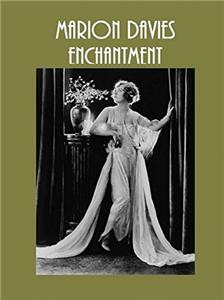
The frothy experiences of a vain little flapper. Her father induces an actor friend to become a gentlemanly cave man and the film becomes another variation of the 'Taming of the Shrew' theme.
| Credited cast: | |||
| Marion Davies | - | Ethel Hoyt | |
| Forrest Stanley | - | Ernest Eddison | |
| Edith Shayne | - | Mrs. Hoyt | |
| Tom Lewis | - | Mr. Hoyt | |
| Arthur Rankin | - | Tommy Corbin | |
| Corinne Barker | - | Nalia McCabe | |
| Maude Turner Gordon | - | Mrs. Leigh | |
| Edith Lyle | - | Fairy Tale Queen | |
| Huntley Gordon | - | Fairy Tale King | |
| Rest of cast listed alphabetically: | |||
| Emmet Foy | - | Male flapper #2 | |
| Julia Hurley | - | Fairy tale crone | |
| Gilbert Rooney | - | Male flapper #1 |
This film aired on TCM November 2014 and is available on DVD, produced by Edward Lorusso with music by Donald Sosin.
Possibly the first film to use the term "male flapper" in reference to the college boys who flock around Marion Davies.
Named as Best Picture of the month (February 1922) by "Photoplay", beating out Tol'able David (1921).
Generally considered to be the first American film to extensively use Art Deco designs for sets. Designer Joseph Urban was hired by producer William Randolph Hearst specifically to work on the films of Marion Davies.
One of six Marion Davies silent films directed by Robert G. Vignola.
One of four films Marion Davies starred in with Forrest Stanley in 1921 and 1922.
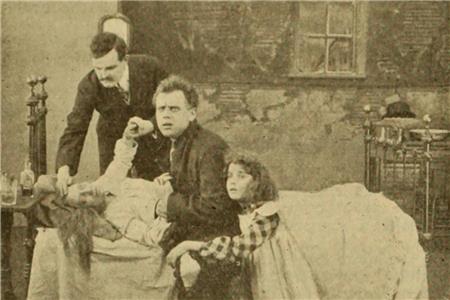
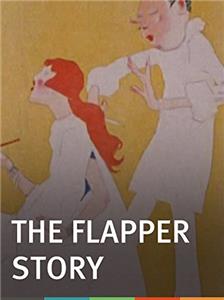





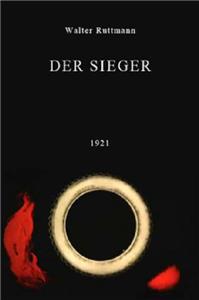
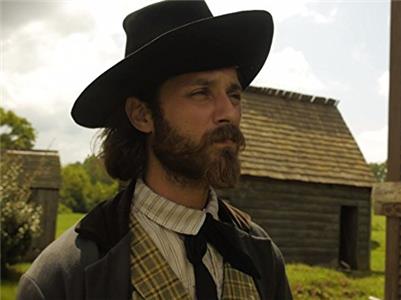
User reviews